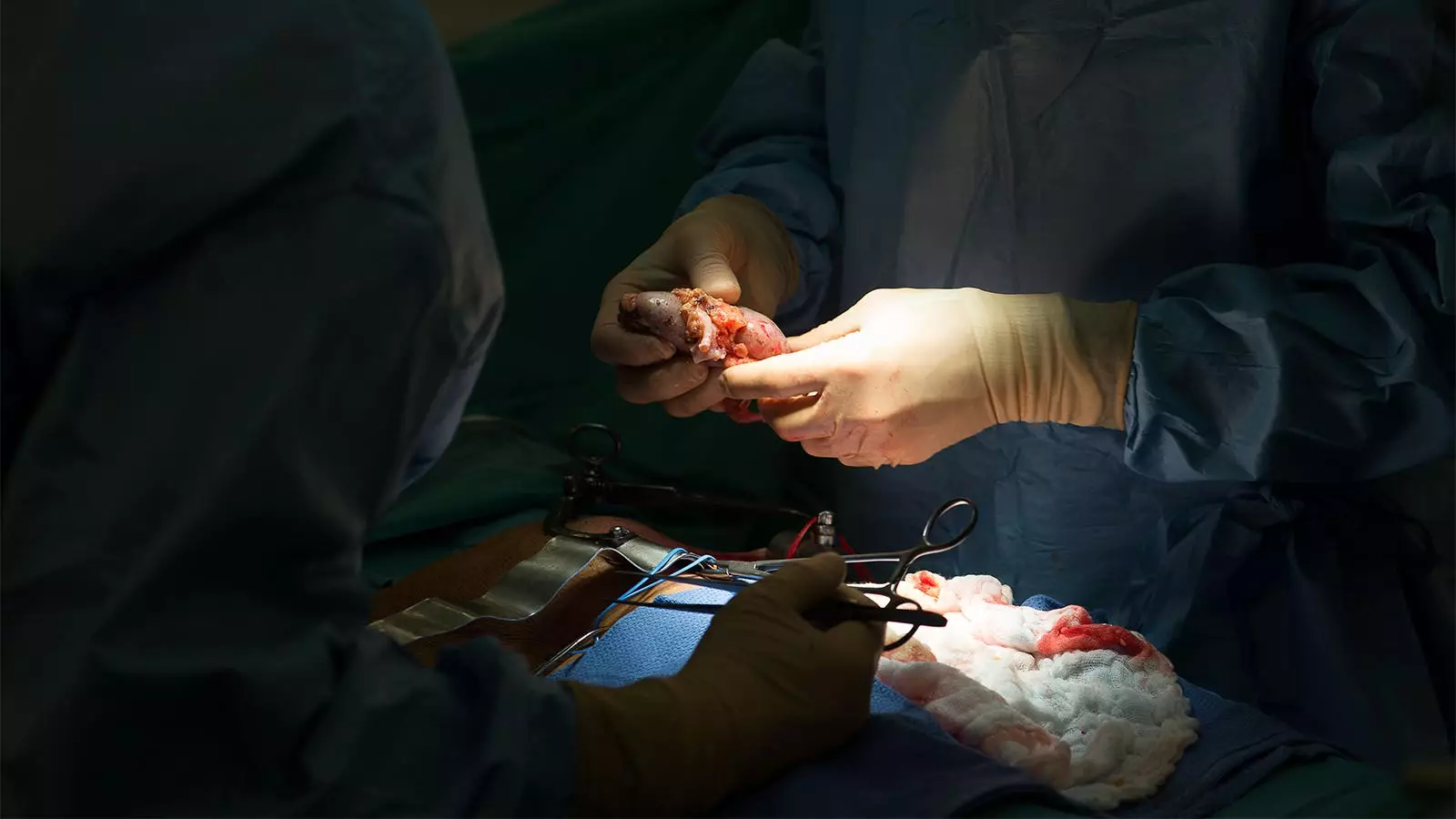The House Energy & Commerce Oversight and Investigations Subcommittee recently held a hearing to address issues within the organ transplant system in the United States. Shocking revelations were made, such as deceased organ donors waking up and asking for help, threats of being “cremated alive” made by organ transplant executives, and organs meant for transplant being misplaced in freezers. These disturbing incidents bring serious concerns about the effectiveness and ethics of the current system.
One of the key problems highlighted during the hearing was the prevalence of conflicts of interest within the Organ Procurement and Transplantation Network (OPTN). The OPTN Board of Directors, despite regulations requiring independence from the contractor managing the network, is filled with members from the United Network for Organ Sharing (UNOS). This raises questions about the accountability and transparency of the decision-making processes within the organization.
Call for Reforms and Oversight
Dr. Seth Karp, a prominent figure in the transplant community, emphasized that patients in the U.S. are dying while waiting for organs due to self-interest, incompetence, and mismanagement within the OPTN. He urged the subcommittee to enforce laws that would break the OPTN monopoly and increase organ supply. The need for independent board appointments and stricter licensure requirements for OPO staff was underscored as essential steps towards meaningful reform.
Another critical issue raised during the hearing was the significant number of kidneys that are discarded each year instead of being transplanted. Dr. Jesse Roach, representing the National Kidney Foundation, highlighted that around 23 kidneys are wasted daily despite the pressing need for organ transplants. This inefficiency in organ allocation and distribution underscores a systemic failure that needs to be urgently addressed.
Ensuring Equity and Accessibility
Subcommittee members expressed concerns over the accessibility of organ transplant services, particularly in rural and underserved areas. Rep. Jan Schakowsky raised the issue of ensuring that individuals outside of urban centers have equal access to transplant services. Dr. Karp acknowledged the challenges in reaching rural populations and emphasized the importance of maintaining smaller transplant centers to cater to all communities.
Addressing Medicare Fraud and Accountability
Rep. Michael Burgess highlighted serious allegations of Medicare fraud within the organ transplant system. He stressed the importance of proper oversight to prevent wastage and misuse of funds within the healthcare system. Ensuring accountability and transparency in Medicare spending is crucial to maintaining the integrity of organ transplantation services.
The revelations made during the House subcommittee hearing shed light on the urgent need for comprehensive reforms in the organ transplant system. From addressing conflicts of interest and transparency issues to preventing organ wastage and ensuring equitable access to transplant services, there are numerous challenges that demand immediate attention. It is imperative for policymakers and healthcare professionals to work together to overhaul the existing system and ensure the efficient and ethical allocation of organs for those in need.


Leave a Reply